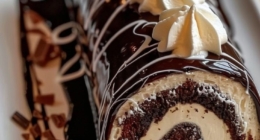International companies faced a dilemma in the wake of Russia’s invasion of Ukraine: leave the country to protest the war and suffer a financial blow, or stay and risk significant reputational damage.
While some left immediately after Russian troops entered Ukraine, others tried to hang on – only to announce their departure under public pressure months later.
For those who left, their exit took different forms: mothballing their operations, handing over assets to trusted partners, or carefully structuring transactions to enable a return in the future.
In total, more than 1,000 foreign companies have voluntarily reduced their activities in Russia over the past year, according to a database compiled by researchers at Yale University. Their releases brought many important changes for Russian consumers.
Yet hundreds more remain. In some cases, companies have even expanded into Russia, seeking to grab market share from departing companies.
The Moscow Times selected nine multinational companies – some that left and some that stayed – and analyzed how they reacted to the Russian invasion.
McDonald’s
Moskva News Agency
For many Russians, American fast food giant McDonald’s symbolized the arrival of Western consumer capitalism in Russia in the 1990s – and its departure marked the end of an era.
McDonald’s temporarily closed its restaurants in March and two months later announced its permanent exit from Russia. The decision to leave was “extremely difficult,” said Chris Kempczinski, CEO of McDonald’s. said at the time. “However, we have a commitment to our global community and must remain true to our values.”
McDonald’s sold its 850 restaurants to Alexander Govor, a billionaire who already operated 25 licensed establishments in Siberia. In mid-June, McDonald’s flagship restaurant in Moscow, its first establishment opened at dusk in the Soviet Union, reopened under a new name: Vkusno i Tochka (Tasty — Period). Other outlets quickly followed suit.
Most of the rebranded restaurant’s menu has remained the same – although the names of branded items like “Big Mac”, “Big Tasty” and “McFlurry” are gone and there is a new logo.
The governor has said it will increase the number of Vkusno i Tochka restaurants from 850 to 1,000.
Valio
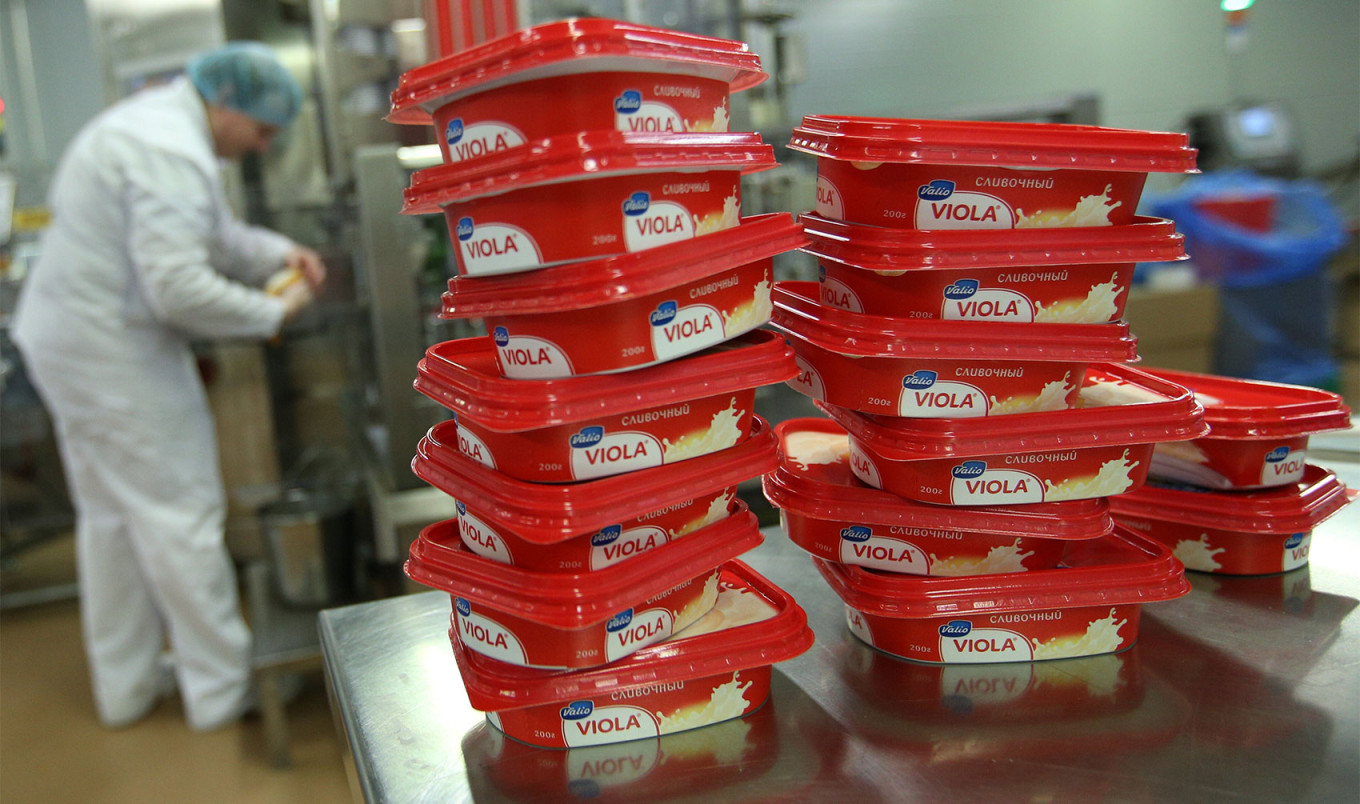
Kirill Zykov / Moskva News Agency
Finnish dairy maker Valio said it was leaving Russia just two weeks after the Kremlin ordered troops to Ukraine. “We strictly condemn Russia’s attack on independent Ukraine,” Valio President Annikka Hurme said. said at the time. “From an ethical point of view, Valio cannot continue its operations in Russia; therefore, we are ending business operations in Russia.
At the end of April, Valio sold its Russian assets to the local food group Velkom.
Among the Valio products retired when the company left were lactose-free milk and baby food from the company’s Oddlygood product line.
“Valio’s formula was the only one my baby was not allergic to. When I heard that Valio was leaving Russia, I bought 20 packs at once, unfortunately I couldn’t afford to buy more, otherwise I would,” said Oksana Milina from St. Petersburg.
“Fortunately, I have friends who have Finnish passports and when they went to Finland…they bought things I needed for my child,” she told the Moscow Times.
Bonduelle
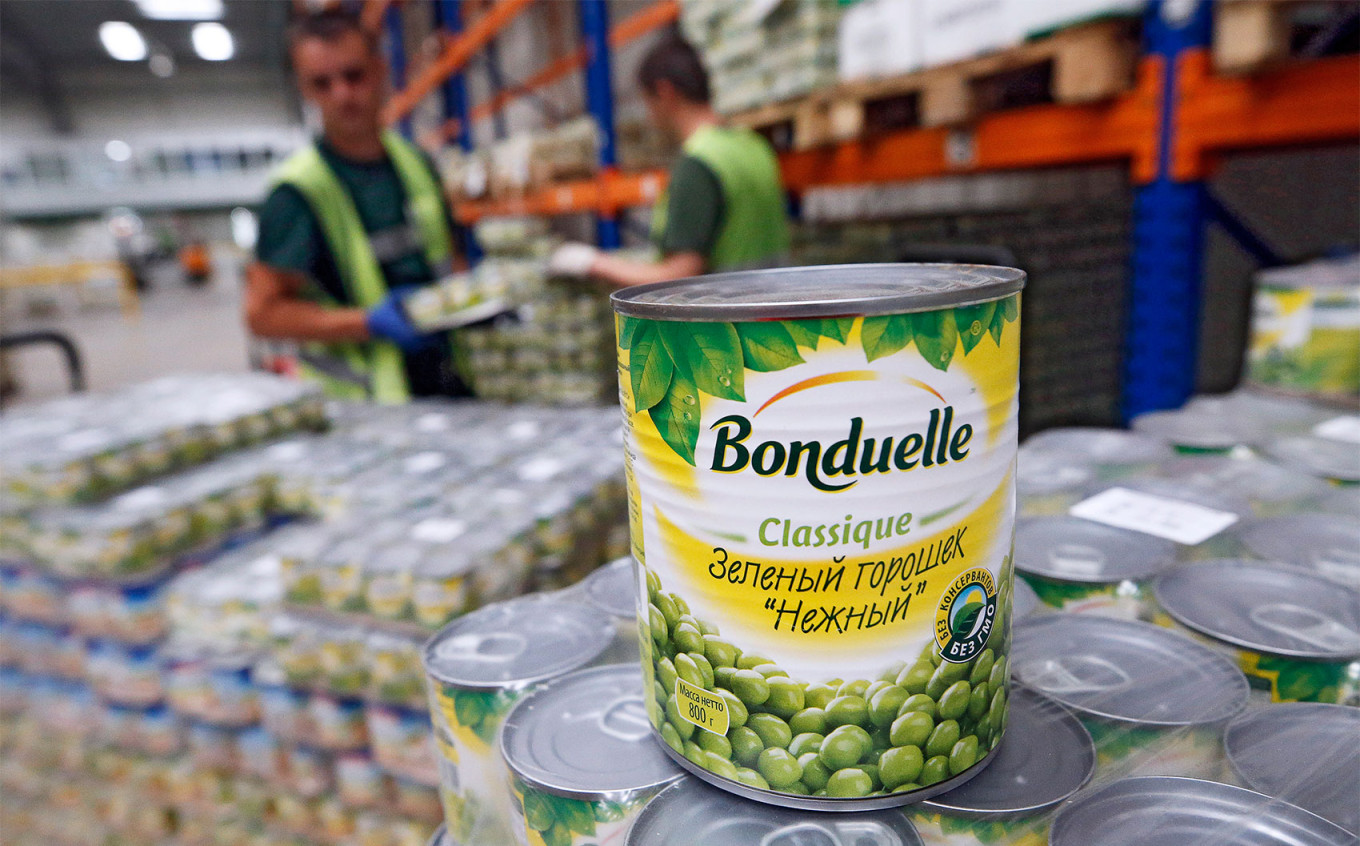
Valery Matytsin / TASS
The French producer of frozen and canned vegetables entered the Russian market in 1994 and employs more than 1,000 people in the country.
He refused to leave despite the war in Ukraine, quoting food safety risks.
However, the company faced a series of reputational blows for maintaining its presence in Russia. A now-deleted post appeared in December on Russian social network VKontakte saying that Bonduelle had donated more than 10,000 food baskets to Russian soldiers in Ukraine. A few days later, the Ukrainian National Agency for the Prevention of Corruption called for international sanctions against Bonduelle.
Although Bonduelle denied the story entirely, dubbing the VKontakte publishes a “fake”, some Ukrainian supermarkets – including Varus, Novus, ATB and Auchan Ukraine – nevertheless removed Bonduelle products from their stores.
Nissan
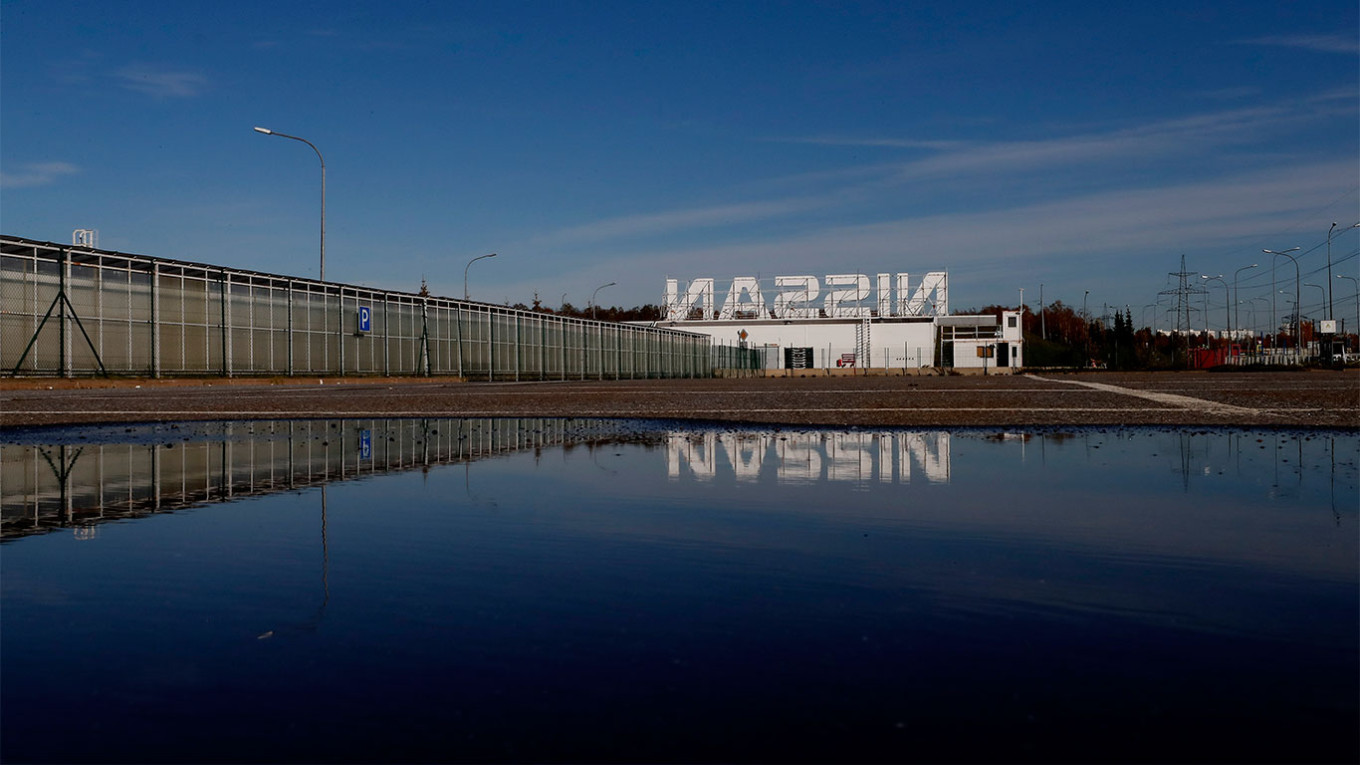
Anatoly Maltsev / EPA / ТАСС
Japanese carmaker Nissan suspended manufacturing and imports to Russia in March, but hesitated for seven months over how to proceed.
Finally, the company announced a transfer of assets to a local partner.
The car manufacturer said the transfer included Nissan Manufacturing Russia, as well as local manufacturing and R&D facilities in St. Petersburg and sales and marketing in Moscow.
Nissan divested its business to state-owned NAMI for just 1 euro ($1.08) and the deal gives Nissan the right to buy out the business within six years. “We have found the best possible solution to support our employees,” Nissan chief Makoto Uchida said in a statement. statement at the time.
Nissan was one of the last foreign automakers to leave Russia.
United Colors of Benetton
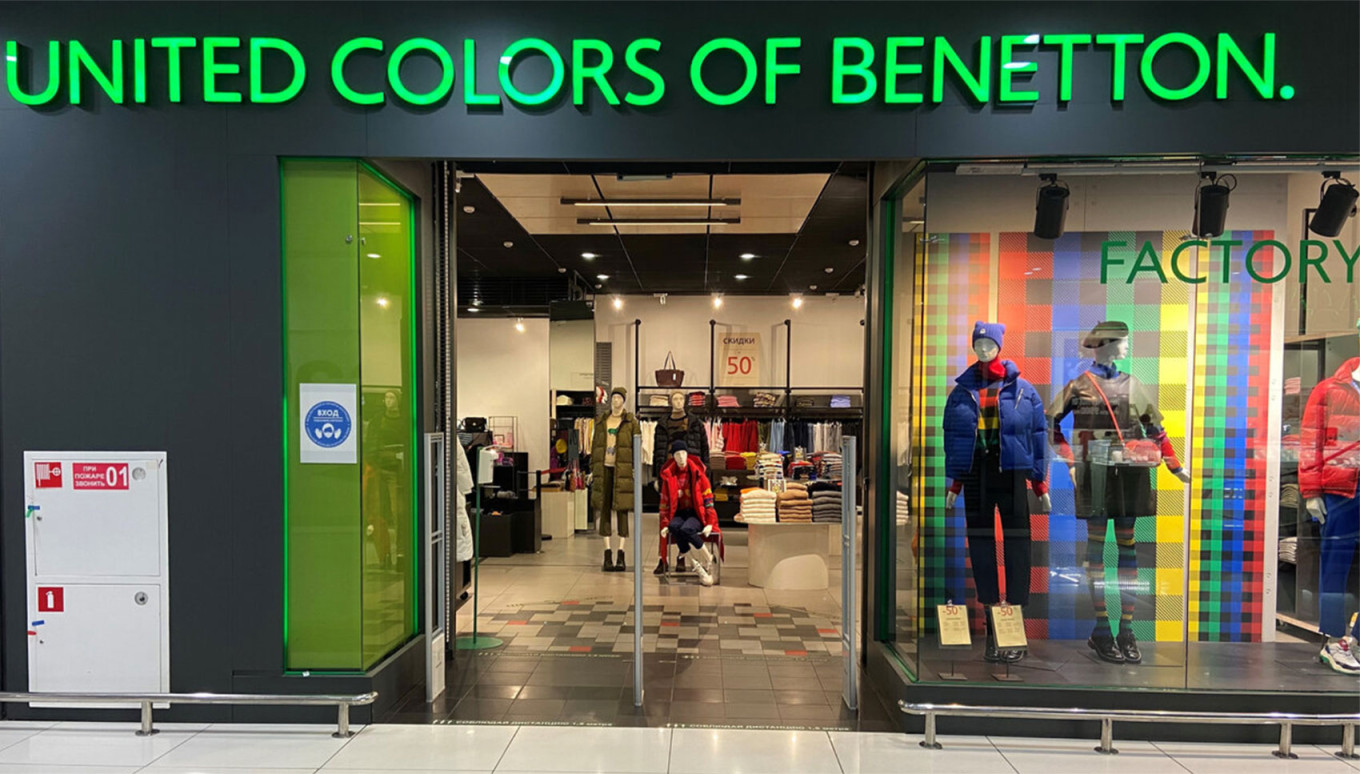
Pointer/yandex.maps
After Russia sent tanks to Ukraine, Italian clothing retailer United Colors of Benetton said he would “suspend all business plans for development in Russia”, donate clothes to Ukrainian refugees and provide support to Ukrainian refugees in Italy.
At the same time, however, it continued to operate normally in Russia.
Yale University researchers who track Western companies in Russia have Underline that four major Italian fashion brands – Benetton, Armani, Diesel and Calzedonia – all continued to operate in Russia without any significant changes.
Phillips

In November, Dutch electronics and technology giant Philips found itself on a boycott list drawn up by Ukrainian Foreign Minister Dmytro Kuleba over its decision to continue operating in Russia.
Soon after, Philips released a statement criticizing Russian military aggression and claiming that it had reduced its activities in Russia, including halting shipments of its consumer health products (except some childcare products) and suspending marketing activities .
“We are focusing our remaining business in Russia on delivering medical systems, devices and spare parts to healthcare providers,” the company said.
However, it’s not just medical devices that remain available on Philips’ Russian online store: in early February, Russians could still buy coffee machines, hair dryers and televisions.
Wella
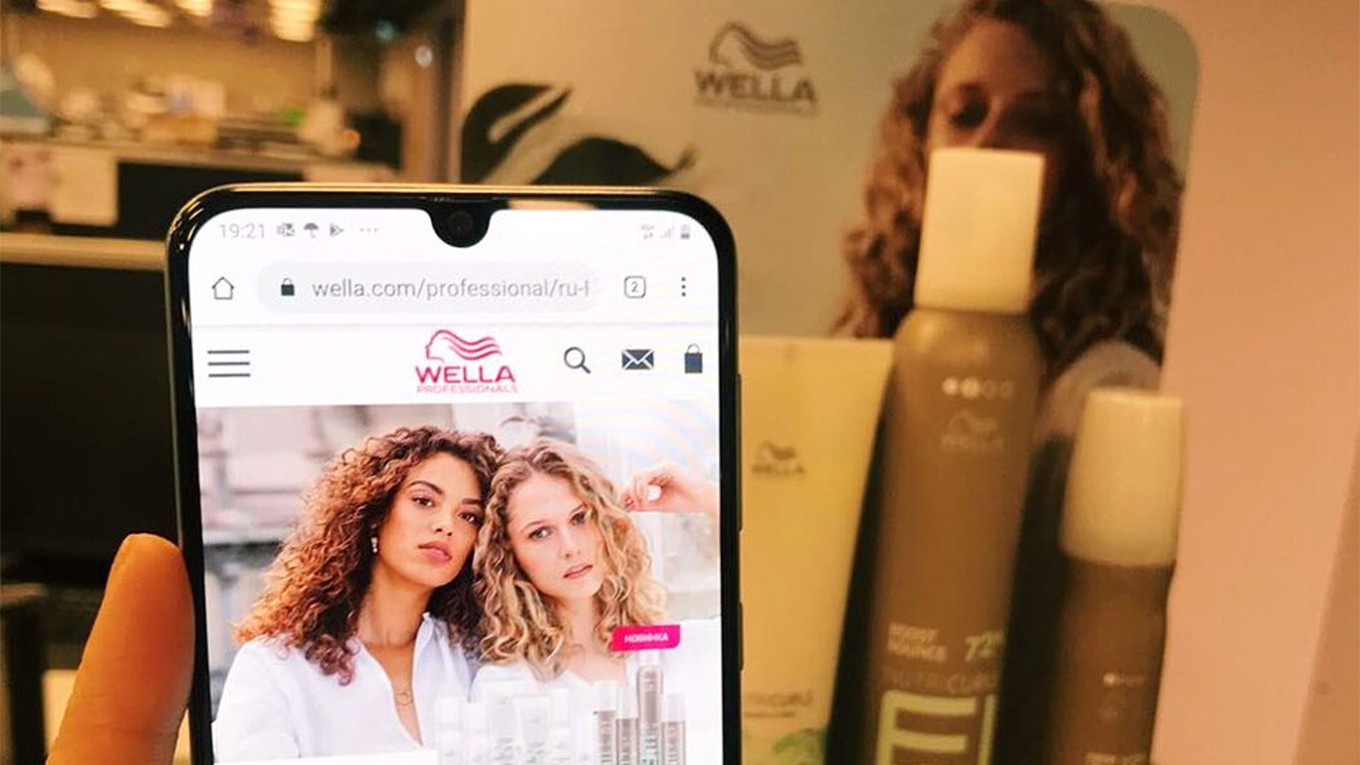
The German cosmetics manufacturer Wella announcement in May that it was stopping its deliveries to Russia after nearly 30 years.
Russian companies apparently struggled to find substitutes for Wella hair products, which were very popular in Russian beauty salons.
“We have been working with Wella products for more than 15 years,” said Irina Dimchenko, owner of a chain of beauty salons in Moscow.
“Many of our regular customers didn’t want another hair dye, but from September all our stocks were sold out and we had to find alternatives… Fortunately there is still a large selection of good hair products professionals,” she said. Times of Moscow.
“I used to work in the Soviet Union when there were no normal hair dyes at all and I’m really scared we might go back to that.”
Cofix
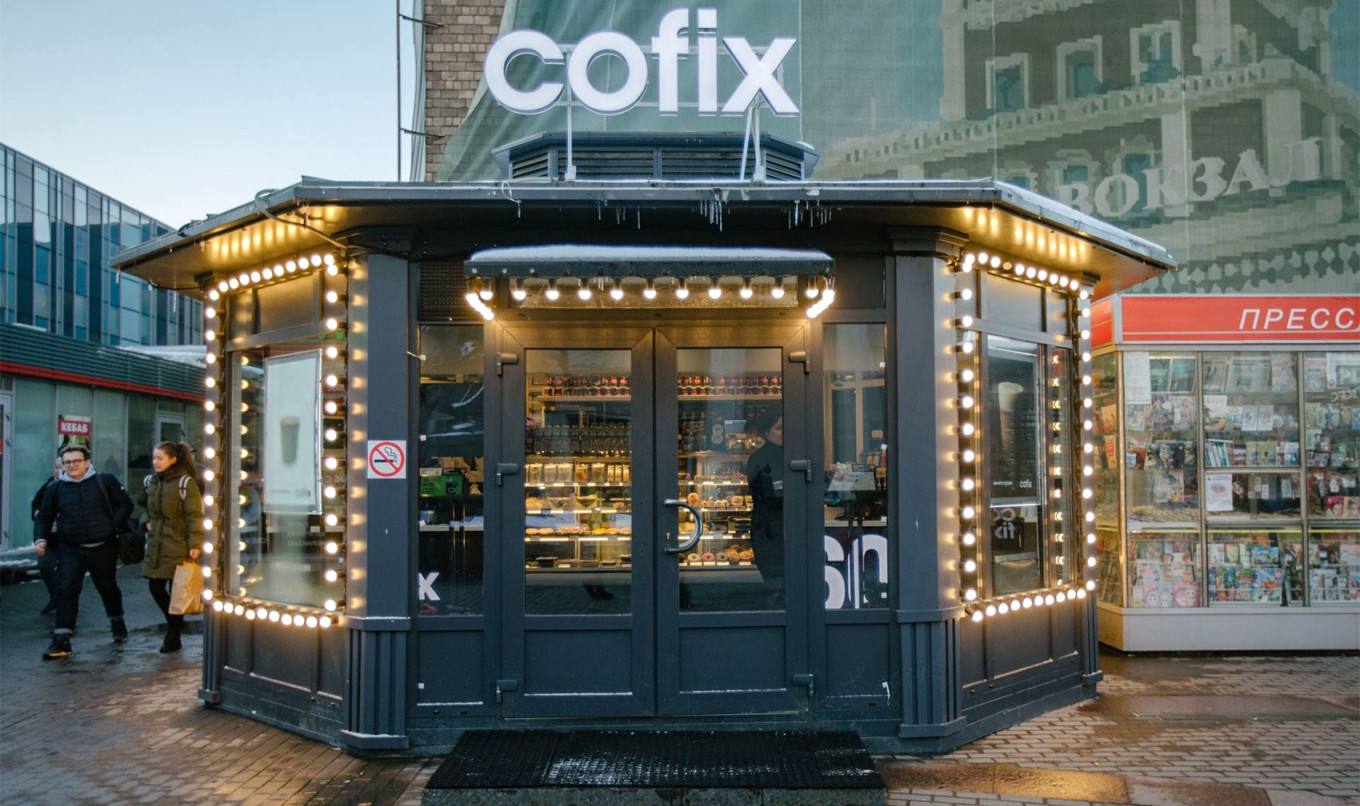
cofix.global
The Israeli coffee chain is one of the leaders in the Russian market with more than 270 cafes in cities ranging from Moscow and Saint Petersburg to Irkutsk in Siberia and Sochi on the Black Sea.
Forbes Russia last year list Cofix among the 10 most profitable franchises in Russia with a value of more than 5 million rubles. And it was on a list of the top 10 coffee chains visited by Russians after Starbucks exited, according to research by RBC media.
Cofix has made no official statement about its stance on the invasion and does not appear to have any intention of leaving. On the contrary, he announcement expansion plans in August.
L’Occitane
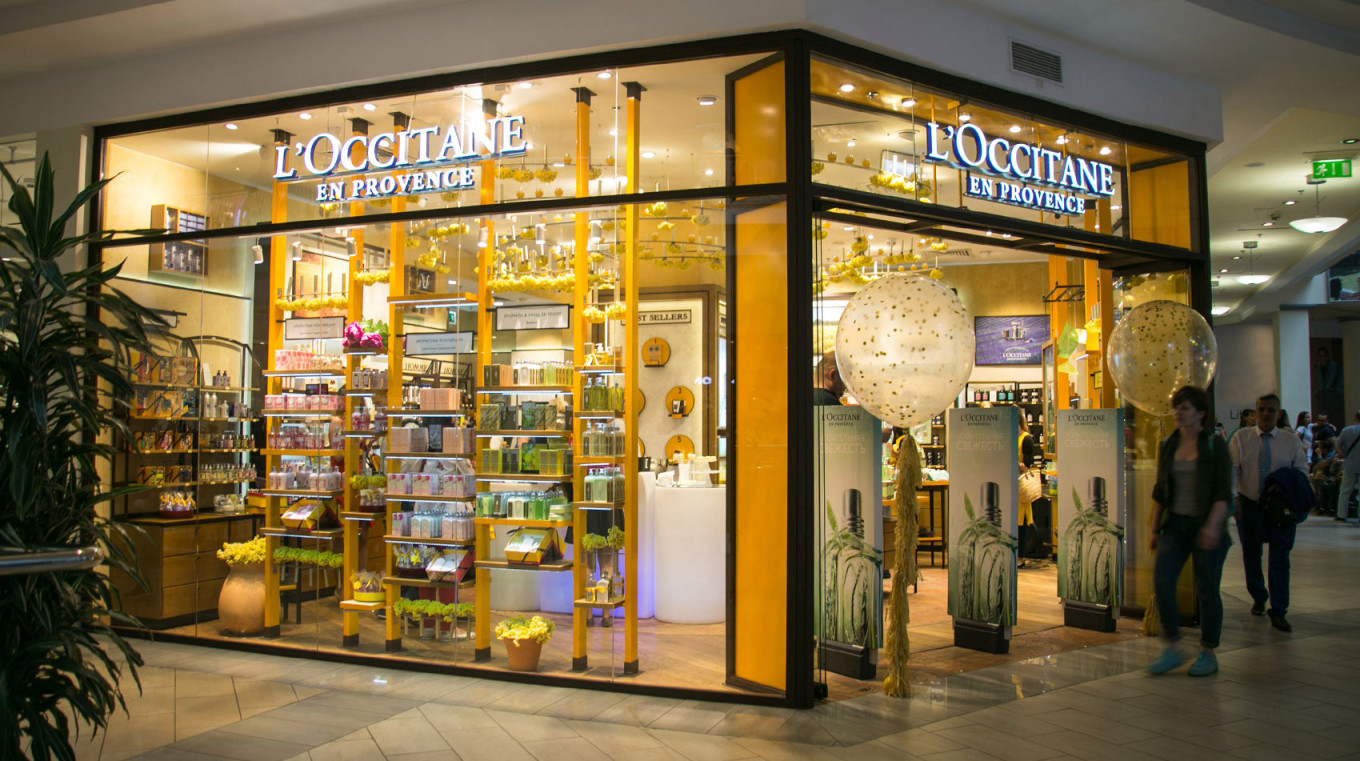
L’Occitane / VK
In the weeks following the invasion, French beauty brand L’Occitane said it would not leave Russia, affirming he wanted to protect his local staff from “retaliation”. But public critical led L’Occitane to announce the closure of its Russian stores.
In a statementthe company condemned the invasion of Ukraine and said it would no longer conduct operations in Russia – or supply products to Russian retailers.
But that was not the end of the L’Occitane saga. In June, the company reportedly amended his plans once again, deciding to return to Russia under the name “L’Occitane” (although it is now written in Cyrillic). Rostislav Kovalenko, the ex-head of the company in Russia, and three senior executives became the owners of the revamped channel.
This means that while L’Occitane no longer operates in Russia on paper, nothing has changed for Russian customers. All of the company’s 112 stores remain open – and the products they sell are exactly the same.
Russia news
Don’t miss interesting posts on Famousbio








